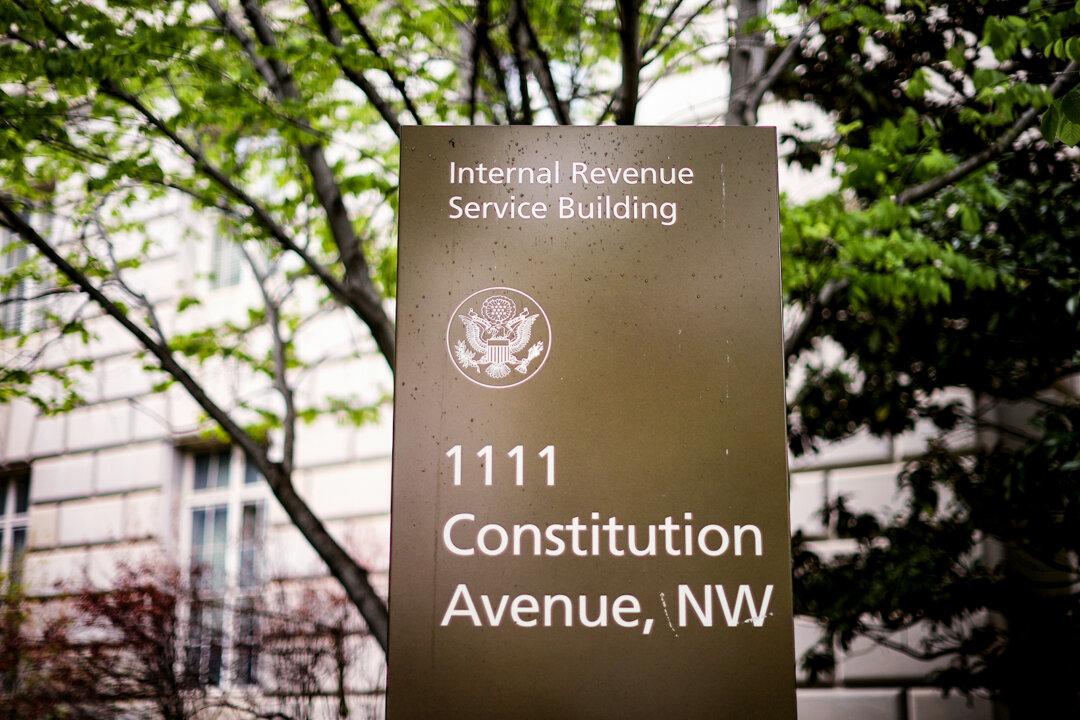The Internal Revenue Service (IRS) has flagged over 1 million 2022 tax returns for additional review over potential identity fraud, according to a recent report.
The Treasury Inspector General for Tax Administration’s interim results (pdf) of the 2023 filing season, which they released on May 10, cited 1.1 million identified as of March 2 that warranted a closer look.





